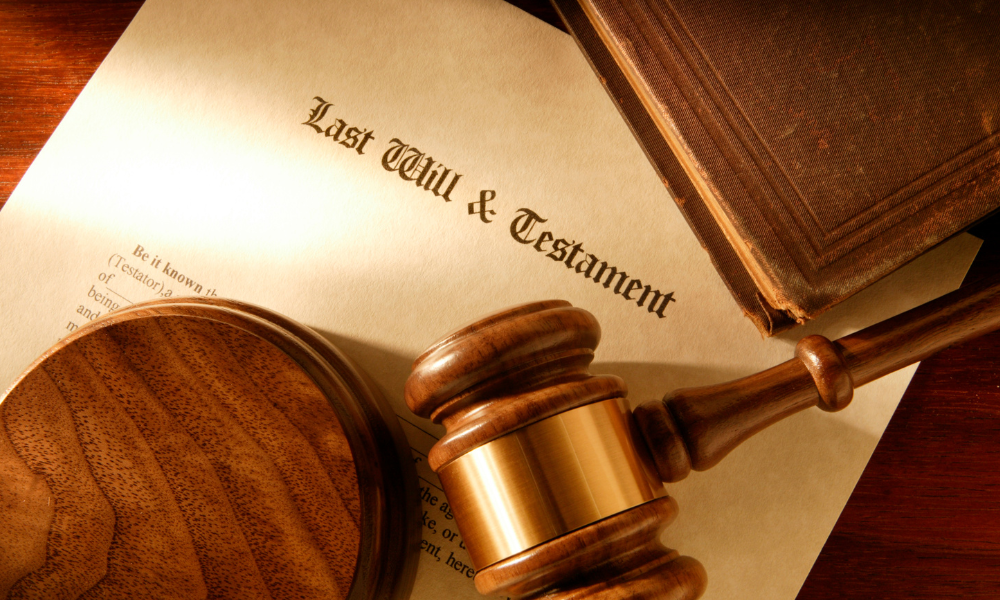Domestic violence is a serious issue affecting many families. Keeping victims safe is a top priority. One important tool for protecting victims is a protective order. Protective orders, also known as restraining orders, are legal orders issued by a court to keep the abuser away from the victim. These orders can provide a sense of security and a legal means to enforce that safety.
In Las Vegas, victims of domestic violence can request a protective order from the court. This process involves filling out necessary paperwork and presenting your case before a judge. The judge then decides if the protective order should be granted based on the evidence provided. Protective orders can include various provisions such as prohibiting contact, requiring the abuser to leave the home, and more.
It is essential for victims to understand how protective orders work, how to obtain them, and what legal requirements must be followed. Ensuring compliance with the order and knowing where to find support and resources are also crucial aspects for maintaining safety. This article will guide you through these important topics, providing clear and straightforward information to help those in need.
Understanding Protective Orders in Domestic Violence Cases
Protective orders in domestic violence cases provide a legal way to help keep victims safe. These orders are issued by a judge and can include many different rules to prevent the abuser from harming or contacting the victim. Protective orders are essential because they offer immediate legal protection, even if the criminal case against the abuser is still ongoing.
There are three main types of protective orders in Las Vegas. The first is an Emergency Protective Order (EPO), which lasts for a few days and can be obtained quickly, often through a police officer. The second type is a Temporary Protective Order (TPO). A TPO can last for up to 30 days and is issued after the victim files a petition with the court. Finally, there is the Extended Protective Order, which can last up to one year and requires a court hearing to decide if it’s necessary.
Each type of protective order serves the purpose of creating a safe distance between the victim and the abuser. These orders can include various provisions, such as stopping the abuser from contacting the victim, staying away from their home, work, or school, and even granting temporary custody of children to the victim.
Steps to Obtain a Protective Order in Las Vegas
Obtaining a protective order in Las Vegas involves several clear steps that victims need to follow. Here is a straightforward guide to help navigate this process:
- File a Petition: The first step is to file a petition for a protective order at the Family Court. You can do this by visiting the court in person or through their website.
- Complete the Forms: Fill out the necessary forms detailing why you need the protective order. Ensure you include specific incidents of abuse and why you feel threatened.
- Submit the Petition: After completing the forms, submit your petition to the court. A judge will review your case, often on the same day or within a few days.
- Attend the Hearing: If you are seeking a Temporary Protective Order, you might need to attend a court hearing. At the hearing, you will need to present evidence of the abuse and explain why you need protection.
- Receive the Order: If the judge grants your request, you will receive a copy of the protective order. Make sure to keep it with you at all times.
- Serve the Abuser: The court will arrange for the protective order to be served to the abuser. This step is crucial because the order is not effective until the abuser is officially notified.
- Follow Up: If you need an Extended Protective Order, you will need to attend another court hearing to explain why the temporary order needs to be extended.
By following these steps, victims can obtain a protective order that provides crucial protection and peace of mind.
Legal Requirements and Compliance with Protective Orders
Understanding the legal requirements for protective orders is crucial for both compliance and enforcement. In Las Vegas, protective orders are governed by Nevada state laws. These laws are designed to ensure the safety of victims and make it easier to obtain and enforce protective orders.
- Eligibility: To qualify for a protective order, the petitioner must show that they are a victim of domestic violence. Domestic violence includes physical harm, threats, stalking, harassment, or any behavior that causes fear.
- Completing the Petition: The petition must be thorough and accurate. Include detailed descriptions of the incidents of abuse, including dates, times, and locations. Incomplete or vague petitions may not be granted.
- Court Hearings: Attending all court hearings is essential. If the judge asks for additional information or evidence, be prepared to provide it. Missing a court date can result in the denial or dismissal of the order.
- Compliance: Once a protective order is issued, both parties must comply. The abuser must adhere to all terms listed in the order, such as no contact, staying away from specific locations, and potentially surrendering firearms.
- Enforcement: Violating a protective order is a serious offense. If the abuser does not comply, the victim should report the violation to law enforcement immediately. Violations can result in criminal charges and additional penalties for the abuser.
Strict compliance with these legal requirements helps ensure the protective order is valid and enforceable, offering the intended protection to the victim.
Resources and Support for Victims of Domestic Violence
Victims of domestic violence need access to various resources and support systems. These resources provide essential help, from legal advice to emotional support and shelter. Knowing where to turn can make a significant difference in ensuring safety and recovery.
- Hotlines: There are several national and local hotlines that offer immediate support. The National Domestic Violence Hotline provides 24/7 assistance and can guide victims to local resources. In Las Vegas, the SafeNest hotline is available for emergency help.
- Shelters and Safe Houses: Victims needing a safe place to stay can find shelters and safe houses in Las Vegas. Organizations like SafeNest and The Shade Tree offer temporary housing, counseling, and other support services.
- Legal Aid: Legal assistance is crucial for navigating the process of obtaining and enforcing protective orders. Local organizations such as Nevada Legal Services offer free or low-cost legal support for victims of domestic violence.
- Counseling and Support Groups: Emotional support through counseling and support groups can help victims cope with the trauma of abuse. Many organizations provide free counseling services and run support groups where victims can share experiences and gain strength.
- Financial Assistance: Domestic violence often comes with financial strain. Various programs and charities offer financial assistance to help victims with legal fees, relocation costs, and other expenses.
By leveraging these resources, victims can find the help they need to protect themselves and rebuild their lives.
Conclusion
Protective orders play a critical role in ensuring the safety of domestic violence victims. Understanding how these orders work, the steps to obtain one, and the importance of complying with legal requirements is essential for effective protection. Accessing resources and support can further aid victims in navigating these challenging situations.
If you or someone you know needs help with a protective order or any legal issue related to domestic violence, contact Half Price Lawyers, a law office in Las Vegas. Our dedicated team is here to provide the support and legal expertise you need. Reach out to us today for assistance.





